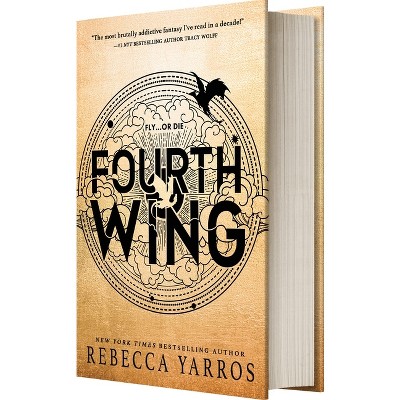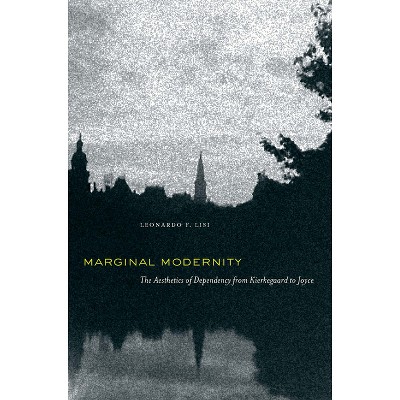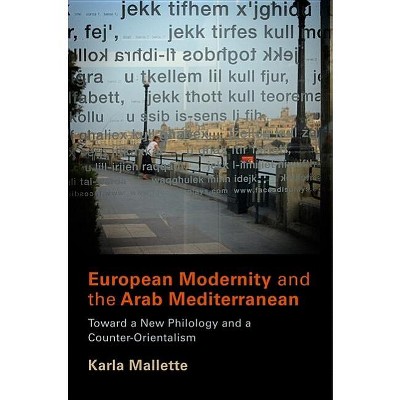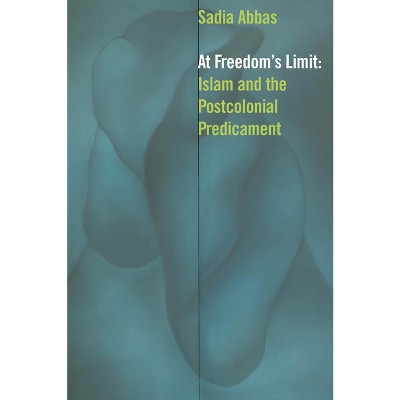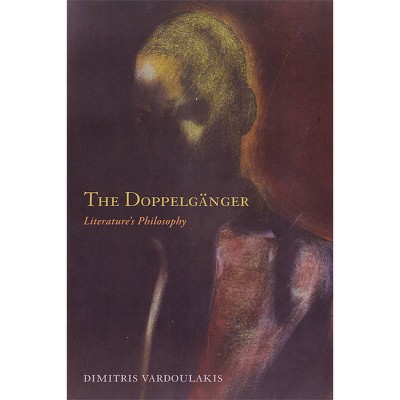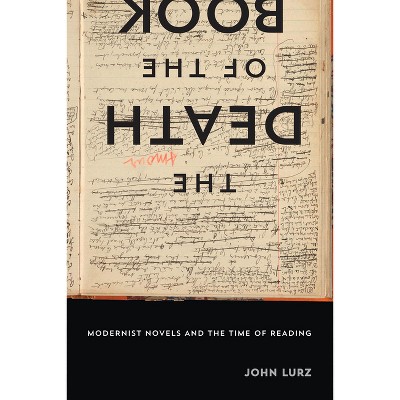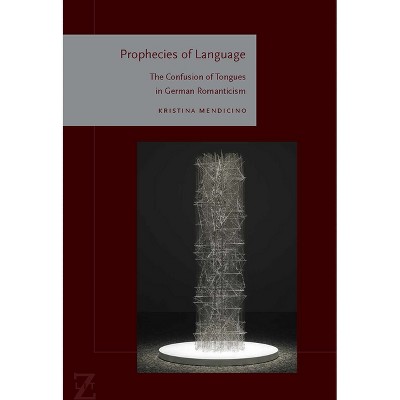About this item
Highlights
- Challenging prevalent conceptualizations of modernity--which treat it either as a Western ideology imposed by colonialism or as a universal narrative of progress and innovation--this study instead offers close readings of the simultaneous performances and contestations of modernity staged in works by authors such as Rifa'a al-Tahtawi, Ahmad Faris al-Shidyaq, Tayeb Salih, Hanan al-Shaykh, Hamdi Abu Golayyel, and Ahmad Alaidy.
- About the Author: Tarek El-Ariss is Associate Professor of Middle Eastern Studies and Comparative Literature at the University of Texas, Austin.
- 248 Pages
- Literary Criticism, Middle Eastern
Description
About the Book
Focusing on the body as a site of rupture and signification, this book shifts the paradigm for the study of modernity in the Arab context from questions of representation, translation, and cultural exchange to an engagement with a genealogy of symptoms and affects embodied in texts from the nineteenth-century onward.Book Synopsis
Challenging prevalent conceptualizations of modernity--which treat it either as a Western ideology imposed by colonialism or as a universal narrative of progress and innovation--this study instead offers close readings of the simultaneous performances and contestations of modernity staged in works by authors such as Rifa'a al-Tahtawi, Ahmad Faris al-Shidyaq, Tayeb Salih, Hanan al-Shaykh, Hamdi Abu Golayyel, and Ahmad Alaidy.
In dialogue with affect theory, deconstruction, and psychoanalysis, the book reveals these trials to be a violent and ongoing confrontation with and within modernity. In pointed and witty prose, El-Ariss bridges the gap between Nahda (the so-called Arab project of Enlightenment) and postcolonial and postmodern fiction.Review Quotes
"Trials of Arab Modernity offers a refreshing approach to the field of modern Arabic literature both in the scope of its argument and the richness of its interventions. The book not only
discusses the role of the 'nahda, ' but it does so against the backdrop of the Arab Spring, new media, affect theory, and Arabic literary history."
'Trials of Arab Modernity' is a groundbreaking analysis of modern Arabic literature traces from the 19th - century and early- 20th- century 'Nahda' ('the so-called Arab project of Enlightenment, or Renaissance') to contemporary cyber fiction. . .Highly recommended.-- "--Choice"
". . . a sharp and witty reading of great warmth and appeal that brings the reader close to its subject without surrendering to hasty generalizations."-----Muhsin al-Musawi, Columbia University, author of Islam on the Street and The Postcolonial Arabic Novel
In further deftly executed lexical manipulation, El-Ariss discovers for himself--and reveals for his readers--in Shidyaq's kashf nothing short of an exposé of "modernity as a disgusting work of art...-- "--International Journal of Middle Eastern Studies"
Indeed, this celebration of 'unpredictable directions, 'experimentation and further exploration concludes the work, challenging its reader to encounter ephemeral meaning and moments that slip away almost as soon as they appear. Instead of emphasizing new information of definitions, El-Ariss's study offers a glimpse into the experience of reading in-between, across, and alongside.---Katie Logan, --E3W Review of Books
About the Author
Tarek El-Ariss is Associate Professor of Middle Eastern Studies and Comparative Literature at the University of Texas, Austin.Shipping details
Return details
Trending Fiction



